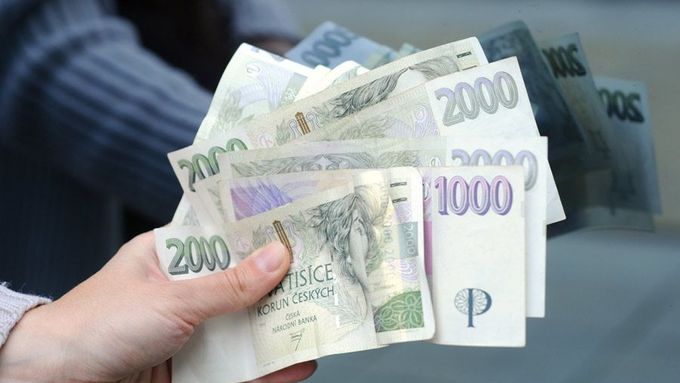Praha - Three-quarters of Czech companies say their business partners' payment discipline has deteriorated since the start of the economic downturn, a recent survey conducted by the Czech Economic Chamber shows.
"Almost every firm has problems with dodgers who use the economic crisis as an excuse," says Jan Ságl, who has a furniture business. Entrepreneurs like him now call on the government to address the issue.
Of the 1,167 companies polled, 75.2 percent have said payments from their partners and customers are delayed as a result of the economic downturn. For almost 30 percent of the firms the delayed payments total tens of thousands of crowns, 54 percent say the total is in hundreds of thousands, and 12 percent of firms claim unpaid invoices worth millions of crowns.
When asked about their own payment discipline, 47.6 percent of firms have said they pay late or request postponements due to a lack of cash as the economic downturn has hit their company.
"This significant deterioration of the payment discipline is a disturbing surprise for us and an evidence of real existential problems faced by many firms today as a result of a dramatic decline in production and orders," said Chamber of Commerce president Petr Kužel.
Changes to VAT collection may help
The survey has also shown that a vast majority of entrepreneurs are in favour of recently proposed amendments to the tax law that might improve companies' cash-flow.
Under one of the proposals, businesses would only pay VAT after they have received a payment for their goods or services. Today they have to pay the tax based on invoices they have issued, regardless of whether the money has arrived or not.
"This would not affect the state's tax revenue at all, but would significantly benefit healthy companies," says Kužel.
"Paying VAT from incoming payments rather than from imaginary sums listed on invoices would represent a real relief," says Radomír Morawiec from the company Mediprint. He adds that public institutions themselves often pay their private suppliers with delays as long as half a year, while a supplier has to pay tax from the transaction immediately.
Another proposal stipulates that a company could only declare a payment to another company as a tax-deductible cost after it has sent the money to the supplier, rather than after merely receiving the invoice.
"A ban on VAT deductions based on unpaid invoices would force many firms to pay in time," says Ságl.









